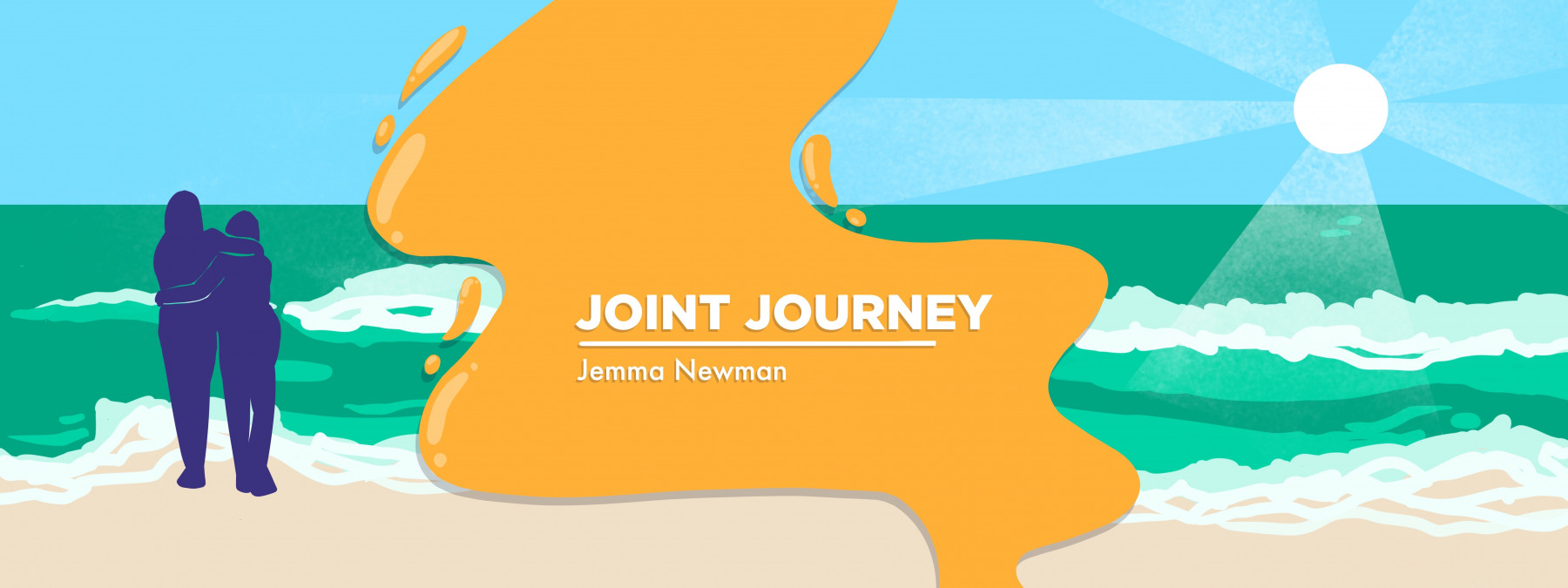How symptoms of ankylosing spondylitis have stolen my identity
I was proud of the pre-diagnosis me. Now I'm changing to embrace the new.
Written by |

Yesterday I did something that I instantly regretted. I was shopping online for a birthday present for a family member who lives in New Zealand, scanning through websites and comparing sizes and prices, looking for the perfect gift.
Finally, I added what looked like a beautiful pair of warm sheepskin slippers to my online cart, entered all my details and credit card information, and hit the “buy now” button. When no purchase confirmation popped up on the screen, I quickly realized something was wrong. Looking more closely at the website, I felt sick as I realized the site could be a fraud, pretending to be a well-known, brand-name company.
Arghhh. What a terrible mistake I’d made.
I immediately hurried to call my bank and cancel my credit card. With that handled, I started thinking about identity theft. In this world where we often buy online and share digital information, such a theft seems pretty easy.
As I sat at my computer and reached back to massage my aching sacroiliac joints, I realized that in a way, my ankylosing spondylitis (AS) had stolen my identity, too.
Because I wasn’t diagnosed until 2019, when I was in my mid-30s and had given birth to my second child, I’d had decades to establish firmly what I thought of as my identity — the traits and interests that made me essentially me. I don’t mean to sound smug, but I’d always considered myself a strong person, both physically and mentally. I loved working hard at my job and relished lifting heavy weights at the gym. Since my teens, I’d enjoyed socializing, which often involved sharing sumptuous meals and cocktails with friends and staying out late dancing.
Ankylosing spondylitis forced me to stop or change many of the things I’d enjoyed, including my hobbies and my career. Several times soon after my diagnosis, I happily took on a new project or work opportunity that I expected to whiz through as I’d done before, only to be completely dismayed at my inability to cope.
Because my AS pain was significantly worse at night, I was sleeping dreadfully and felt stressed and overwhelmed during the day. I had terrible brain fog, which made concentrating on work difficult, as well as stiffness and joint pain so intense that it brought me to tears as I tried to complete my usual exercise routine.
Feeling that my chronic disease stops me from being myself is deeply upsetting. I resonate with the explanation my sister, Angie, gave in a recent interview about her AS diagnosis, when she said, “I feel like my identity was ripped away … I’ve had to learn to become much more passive and nonstriving, which is honestly extremely difficult.”
In the Psychology Today article “4 Illness Identity States and How to Work With Them,” psychotherapist Katie Willard Virant explains that, “Your values, your relationships, your hobbies, and even tiny daily choices contribute to making you the person that you are. Chronic illness, of course, profoundly affects identity.”
Though I felt AS had stolen my identity, it forced me to adapt and create a new way of living with this disease. I’ve realized that our personal identity can be formed by how we react to challenges. Well, AS has given me challenges, all right, and I’ve thus created many new facets of myself.
I’m a very different person now than I was five years ago, before my diagnosis. I’ve changed my approach to my career, placing more emphasis on enjoyable and manageable work with fewer hours, instead of high-stress management with long days. I have a relaxing new art hobby and a dramatically different low-impact exercise regimen.
I’m also learning to prioritize my mental health and a low-stress life, which means I can’t say yes to every opportunity. I’ve realized that strength means more than a fit physique; it’s also an inner source of quiet power that can help me handle challenges and keep looking for answers, even in times of adversity.
I still feel that AS stole my identity, but I actually like the new, more compassionate, slower-paced me. Like pruning a tree to create new growth, cutting off important parts of my identity has created an opportunity to develop different interests, relationships, and paths forward.
Note: Ankylosing Spondylitis News is strictly a news and information website about the disease. It does not provide medical advice, diagnosis, or treatment. This content is not intended to be a substitute for professional medical advice, diagnosis, or treatment. Always seek the advice of your physician or other qualified health provider with any questions you may have regarding a medical condition. Never disregard professional medical advice or delay in seeking it because of something you have read on this website. The opinions expressed in this column are not those of Ankylosing Spondylitis News or its parent company, Bionews, and are intended to spark discussion about issues pertaining to ankylosing spondylitis.







Leave a comment
Fill in the required fields to post. Your email address will not be published.